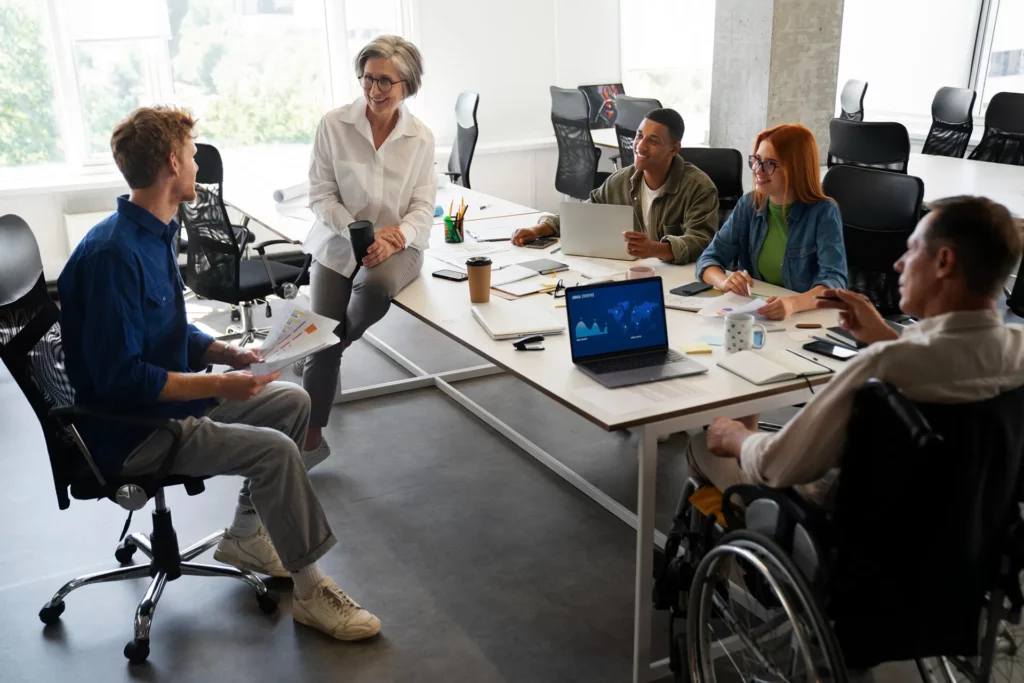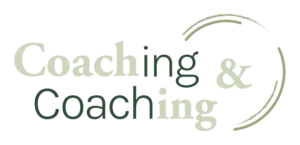Taking up an international post
Taking up an international post
Your challenges when taking up an international post
Taking up a position in a country other than your country of origin is a major step in your career. Whether you're a French expatriate or someone coming to work in France... Whether you want to develop your expertise, seize an opportunity or explore new countries... Whether it's a one- or two-year assignment, or a permanent position...
Starting an international career involves cultural adaptation, professional repositioning and sensitivity to intercultural relations. Every country is different, even if you feel like a "citizen of the world" and this is not your first international experience. Understanding local dynamics, the explicit and implicit rules of the working world and managerial expectations are essential for successful integration.
Because this stage of your career presents specific challenges that distinguish it from taking up a post in your country of origin:
- Subtleties of social and cultural codes: understanding local cultural codes and professional practices (e.g. the importance of non-verbal language, which can vary considerably from one country to another, and the implicit rules of physical distance), adapting to local styles of communication, management and leadership (e.g. polite forms of address, different interpretations of silence), overcoming potential language barriers.
- The effects of geographical and emotional remoteness and social isolation (especially if the local language is not mastered), which affect both personal and professional balance
- Development of specific skills: flexibility and adaptability to adapt to different work rhythms and decision-making processes, understanding of intercultural and linguistic issues, ability to work in diverse environments with different levels of initiative and autonomy, etc.
- Long-term career management: making the most of international experience when returning to your country of origin, integrating it into a coherent career path, taking into account post-expatriation career expectations
- Family and personal dynamics: the adaptation of spouses and children who may find it difficult to integrate, the impact of new living conditions on the couple and the management of the expatriate spouse's career.
The specialised international job coaching I offer enables me to support everyone throughout this transition from France or to France. By working on intercultural skillsCoaching facilitates adaptation and increases the chances of successful integration into the company and its new local environment.
My tailor-made coaching helps you to tackle these challenges with greater serenity and efficiency, transforming this international experience into an opportunity for personal and professional development.
Our approach to better support
taking up a position abroad
The main objectives of my support are to
Clarify your short- and medium-term professional objectives to gain perspective and prioritise your international challenges
Overcoming difficulties linked to changes in the professional environment (e.g. stress, uncertainty, lack of language skills, etc.)
Develop intercultural awareness and cultural intelligence, so that you can integrate effectively into your new working environment
Adapting your management and leadership style to a different cultural environment and to new situations. multicultural teams
Optimise your communication and your ability to convince international teams, to limit misunderstandings, missteps and the effects of unconscious bias
The advantages of my individual coaching for multicultural management
- We start by getting to know each other to see if we'd like to work together, during an initial one-hour meeting. If we decide to work together, we're in! If we decide not to work together, I don't charge for this first meeting.
- I offer tailor-made coaching: I define the number of sessions, duration, frequency and location (face-to-face or remote), depending on the context and needs of each individual. I can also suggest (or not) exercises to do between sessions.
- I work in French or English.
- Your company plays an active role during the coaching process: the line manager and/or HR are present at the start to frame the coaching process, and then at the end of the coaching to share the results.
- I propose a systemic approach to take into account both the organisational environment and the relational aspects between employees.
- The methodological framework of coaching is guaranteed by a contract and by my commitment to respect the ethical commitments of the International Coaching Federation, in particular regular professional supervision, coupled with intervision between certified peer coaches.
.
How does one-to-one coaching work?
Duration and frequency
in general, 6 to 12 sessions of 60 to 90 minutes over 4 to 12 months. In the case of coaching financed by the company, these sessions are accompanied by two 1.5-hour tripartite sessions with your N+1 and/or HR Director to validate the coaching objectives.
Location
If the position is taken up in Paris, face-to-face in premises that protect the confidentiality of exchanges (Paris 15th arrondissement). If the position is taken up in France or another country, remotely via Zoom.

Let's work together!
International Coaching support services

?
Find out more about taking up an international post
What are the most common issues raised during coaching for international positions?
- Mistakes to avoid when integrating an international career (unconscious bias)
- How to adapt management to the country's cultural codes (intercultural management)
- How do you quickly develop an international professional network?
- How do you deal with the language barrier when taking up a new post and adapt your intercultural communication?
- Relationships with your multicultural team: how do you build trust?
- Understanding working practices and the relationship with hierarchy in an international context
- How do you adapt to a new working environment when you're feeling stress and uncertainty?
What are the key stages in taking up an international post?
Pre-departure preparation
Before moving to a new country (and perhaps a new company), a preparation phase is essential. This includes research into the local culture, professional practices and the company's expectations. Learning the basics of the local language and anticipating the administrative procedures will make the transition easier.
The first few months on site
Arriving in a new country is a period of observation and learning. It is essential to take the time to understand the dynamics in place and to develop a strategy for integrating your new functions, in order to get through the trial period. By listening actively and adopting an open attitude, you can quickly gain legitimacy with the local teams and deal more effectively with misunderstandings and culture shocks.
Anchoring
Once established, the aim is to consolidate its position and provide lasting added value. Taking account of expectations, developing an international professional network and delivering concrete results are all key to success.
When do you get involved?
I intervene before departure, during the expatriation or on return during the impatriation phase.
Who do you work with?
I support both employees who are on the move and their spouses who are looking for work.
Are you really a specialist in all countries?
No, of course not! I work from an 'anchor culture' that I know, the French culture. If you're an international coming to work in France, a French person going abroad or returning to France after an expatriation, I can help you. I also have a great deal of experience of Anglo-Saxon culture. But if you're asking me to accompany a Mexican manager working in Germany with a Turkish team, I'm not the right person for you!
Do you also offer training courses?
Yes, I also offer training in intercultural intelligence and multicultural management, to develop intercultural skills.
Have you ever been an expatriate?
Yes, after my dual Franco-British baccalauréat (A-Levels), I did part of my studies at Trinity College Dublin and worked in London.
What languages do you work in?
I coach in English and French. In practical terms, as a bilingual English speaker, I use English almost like my native French.
